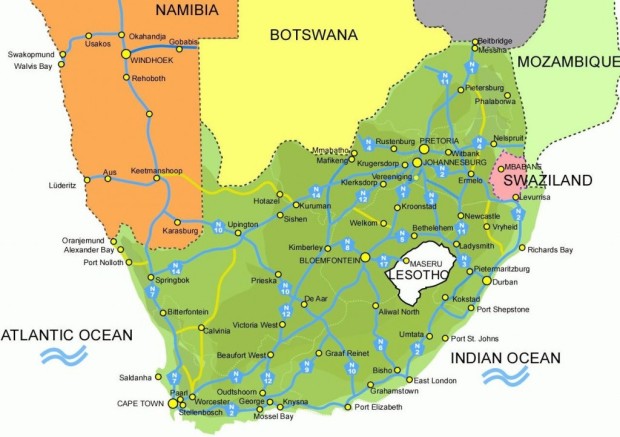Read Around the World: Swaziland

June’s reading destination Swaziland, so what did we learn about Swaziland and what book did we use to travel this African country?
Lets start with some facts about Swaziland with thanks to this website.
The kingdom of Swaziland gained independence from the United Kingdom in 1968.
Swaziland is also known as Ngwane. It is the smallest country in Africa.
It is one of the well-watered areas of sub- Saharan Africa. Major rivers include Ingwavuna, Makondo, Usutu, Ngwempisi, Lomti and Black Umbeluzi. It also has minerals such as iron ore, asbestos, tin, kaolin, coal, gold, barite and diamonds.
The royal & Legislative capital of Swaziland is Lobamba and the administrative capital and largest city is Mbabane.
The official language is SiSwati and English.
The Christian religion is 6% while the balance practices indigenous beliefs.
Agriculture is corn, sugarcane, wheat, hay, citrus fruits, potatoes, grapes, poultry, eggs, cattle and sheep. Major industries are sugar, mining (coal and asbestos) wood pulp, agriculture and soft drink concentrates.
Swaziland exports canned fruit, citrus, refrigerators, cotton yarn, wood pulp and sugar. It imports motor vehicles, machinery, transport equipment, foodstuffs, petroleum products and chemicals.
Swaziland is home to one of the world’s oldest mines. It was discovered in Ngwenya, district of Hohho, in 1970 and is one of the top tourist attractions.
Swaziland is famous for its vast variety of wind animals, such as elephants, lions, leopards and rhinoceros. It is also well-known for its bird life.
Book Worm’s Visit: This month was a tough travelling month for me as I set myself the challenge of reading a book set in Swaziland by a Swazi author. In the UK this only left me with one choice the only author whose work I could get hold of was Sarah Mkhonza and out of all her works only one was available for me to buy “Weeding the Flowerbeds” so that is the book I ended up reading.
Weeding the Flowerbeds is a memoir about the Manzini Nazarene High School in Swaziland. As you can probably guess from the name this is a Christian School whose mission is to bring the values of Christianity to the girls of Swaziland.
This book has been really panned both on Goodreads and Amazon UK opinion seems to be that it is boring and poorly edited. Personally I think you need to go beyond that and read it for what it is – the detailed description of life for a specific group of girls at a specific point of time in Swaziland. The interest in this novel comes not from what the girls do everyday but from the little hints that are dropped about the wider African world.
Swaziland, Botswana and Lesotho 3 independent African countries have formed an alliance and do not follow the rules of Apartheid. The central characters are growing up in a newly independent country where they can have the ambition to be more than second class citizens.
The Christian missionaries are teaching them Christian values at school not realising that as soon as they leave the gates the girls go back to following the old ways of their ancestors.
What really strikes you about this book is how similar the girls are to teenagers the world over, yes they are more naïve than Western girls but that is because they have led a more sheltered life. There are scandals involving pregnant teenagers who are removed from the school and returned to their families to explain themselves. The “love affairs” are a lot simpler and involve sending little notes to each other and the occasional innocent meeting.
I was amazed/shocked to see that the only African subject on the curriculum was learning the Zulu language, the rest of their education was geared towards Western culture. The girls like teenagers in the UK are taught English Literature including Shakespeare and Lord of the Flies and the history they learn is the history of Europe and WWII. I think this is a real shame as I think it is important for any country to teach its young people about their country and their culture.
I gave this book 3 stars as it is not the most exciting book to read, there isn’t a storyline as such but it does give a powerful insight into everyday life of a Swazi school girl.
Did you join us in visiting Swaziland this month? If you did what books did you read? Let us know in the comments.
Who will be joining us next month when we visit Lebanon? What books will you be picking up for this visit?



I read Scared by Tom Davis who is not a Swaziland author but the story does take place in Swaziland. It did present some of the living conditions in the country and some interesting political positioning on the part of not-for-profits but the primary theme was the main character’s spiritual awakening which wasn’t really my cup of tea. However, it was the only book I could find in my library system that related to Swaziland.
For Lebanon, I was going to read Don DeLillo’s Mao II and The Gardens of Light by Amin Maalouf.
LikeLiked by 1 person
Swaziland was definitely a tough one
LikeLike